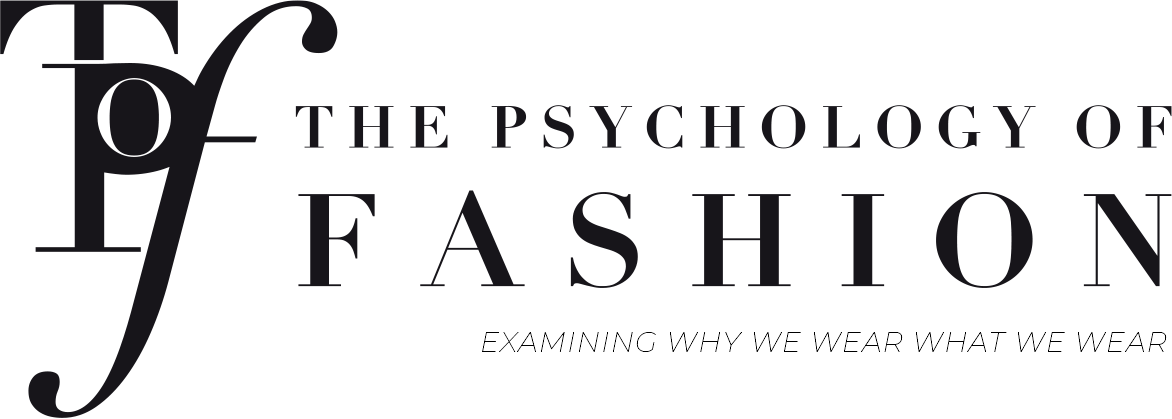Jacqueline Ari Murray, a fashion designer and wardrobe consultant, was ahead of her time with the interest in the psychological impact of clothing. (Photo: Tiffany Churilla)
Naturally, I have a Google alert set up for “fashion psychology”. I receive an alert for the term almost daily, so have come to expect a few types of notifications: a fashion designer who may have mentioned ‘psychology’ in an interview, updates about my contemporaries, and, on a good day, news about The Psychology of Fashion or PSYKHE.
But this morning, the alert surprised me. It came from the Star Tribune, a local Minnesota newspaper, announcing the death of Jacqueline Ari Murray, a polished-looking local woman who worked as a fashion designer and wardrobe consultant. And from what the rest of the article conveys, it appears she was an unsung hero of fashion psychology.
Born in 1936, Murray had taken an interest in the psychological impact of clothing in the 1980s. After graduating from the University of Miami with a bachelor’s degree in French, she undertook graduate studies at the Sorbonne in Paris, taking classes in Gestalt and Adlerian psychology and costume design. After college, she lived in Italy and Paris, where she danced in the Paris Opera, and New York City. Apparently, according to this profile, she also wore a lot of black, painted, and read The New York Times cover-to-cover every day.
A clipping from a profile on Murray in the Star Tribune from 1985.
According to Star Tribune, after friends had told Murray about their trouble finding appropriate business clothes, she developed a concept she called “the psychology of dress” and started working as a wardrobe consultant. In 1989, Murray wrote a book titled The Power of Dress: An Insider’s Guide to Corporate Dress and Culture.
Her personal shopping business, FYI (For Your Image), changed how women presented themselves at work, at a time of huge shoulder pads and gaudy earrings. Murray was eventually asked to work at Galeries Lafayette in France. “I don’t know another American woman who could go to Paris, France and teach people how to dress,” her daughter Tiffany Churilla told City Pages.
In one of two profiles published in the Star Tribune in 1985, coincidentally my year of birth, Murray listed “travel, theater and classical music as her hobbies. She included one more hobby — “delving into the why of things”. It’s evident that Murray’s ethos and messaging was very much in line with our own take on fashion psychology, believing that clothes shape your identity, reflect your truest self, and that you should dress for the person you want to be.
I also strongly identified with her personal and more general philosophy about life. According to her profile in City Pages, Murray “spent so much of her time convincing others not to settle for less. She’d sit them down and tell them to tackle their big creative projects, move to the sea, accomplish their dreams—that nothing less would do.” In other words, she seemed to be someone who, more than anything, would want others to fulfil their potential.
I wish I had known about Murray and her work, but was electrified by reading about her life and discovering her interest and advocacy in the field at a time when we as a society questioned things far less than we do now. But her story validates the notion that the psychological power of clothing is something every human being feels, however subconsciously.
Here’s to Murray, and to forever delving into why.














As news of PSYKHE’s launch spreads, The Psychology of Fashion and PSYKHE’s founder Anabel Maldonado sat down with editors at Forbes and WWD to discuss the platform, the journey and why the world needs personalization powered by AI and psychology.